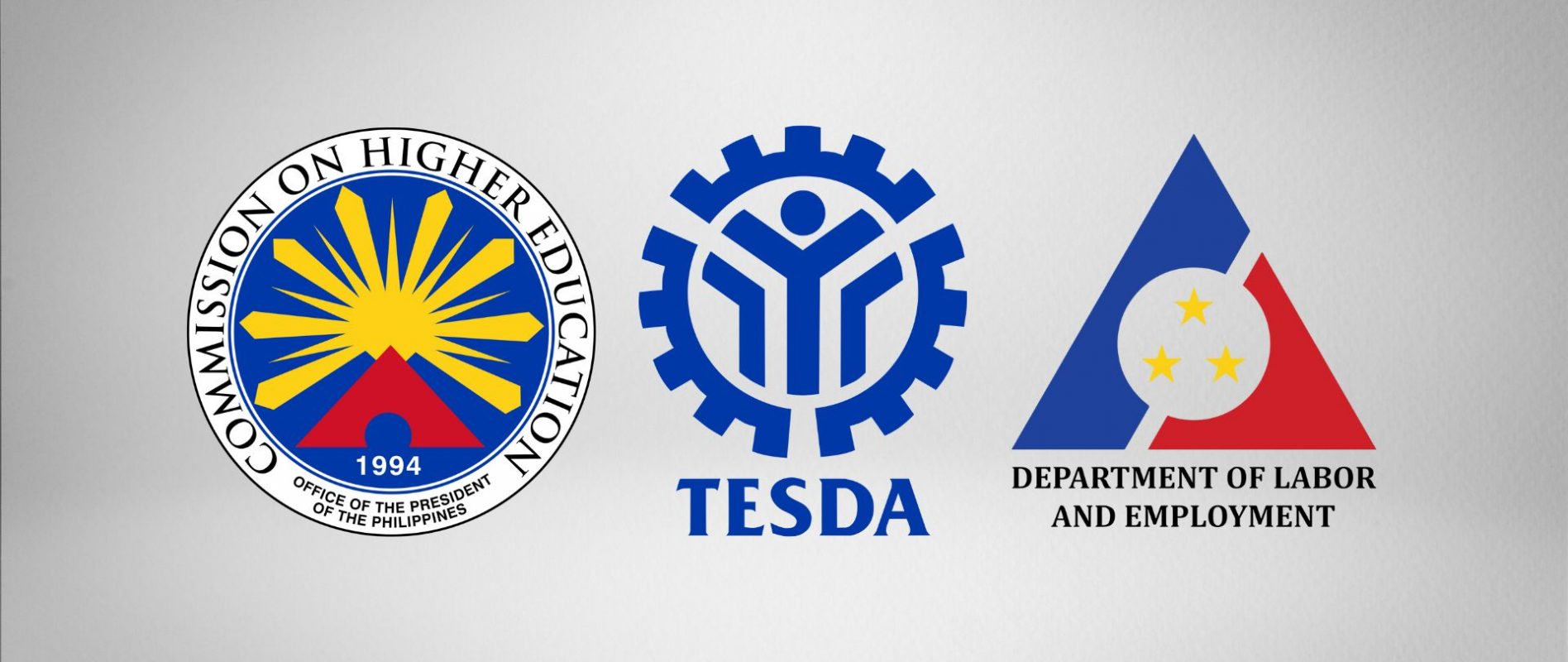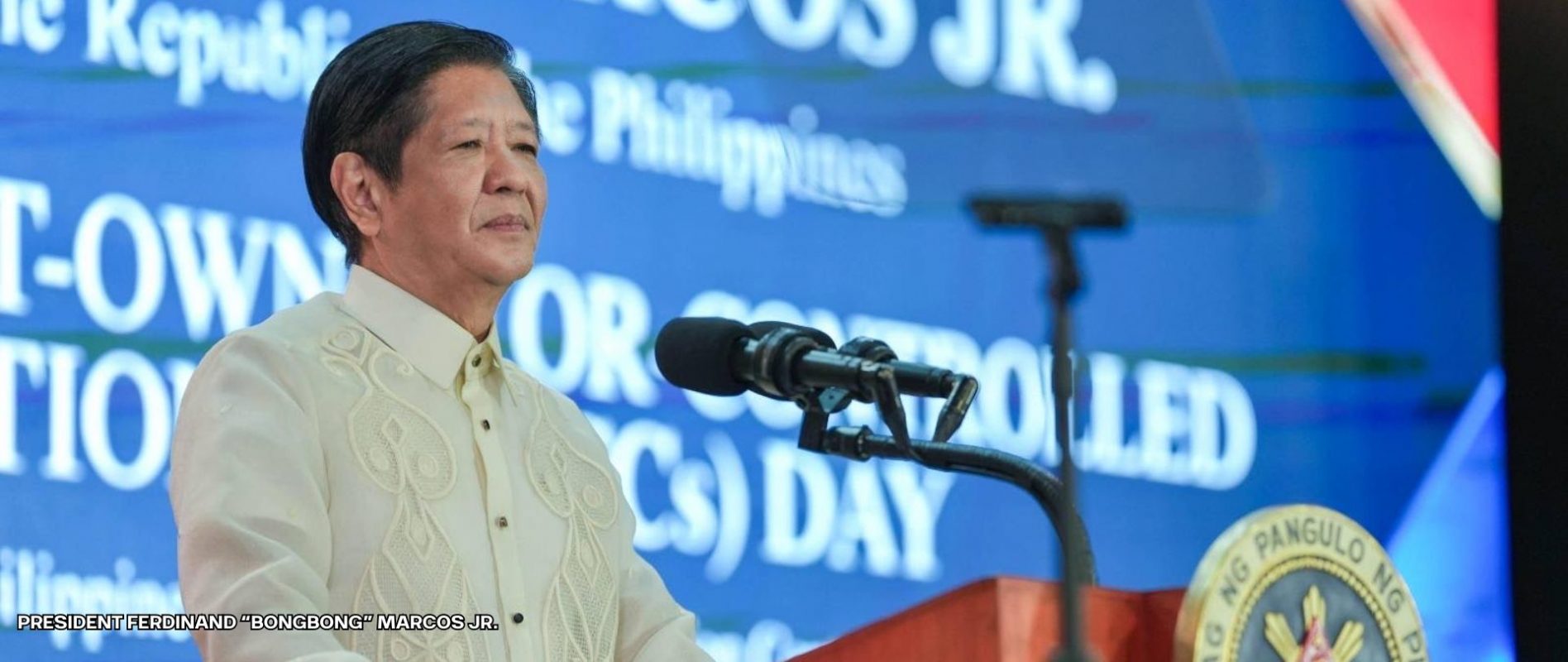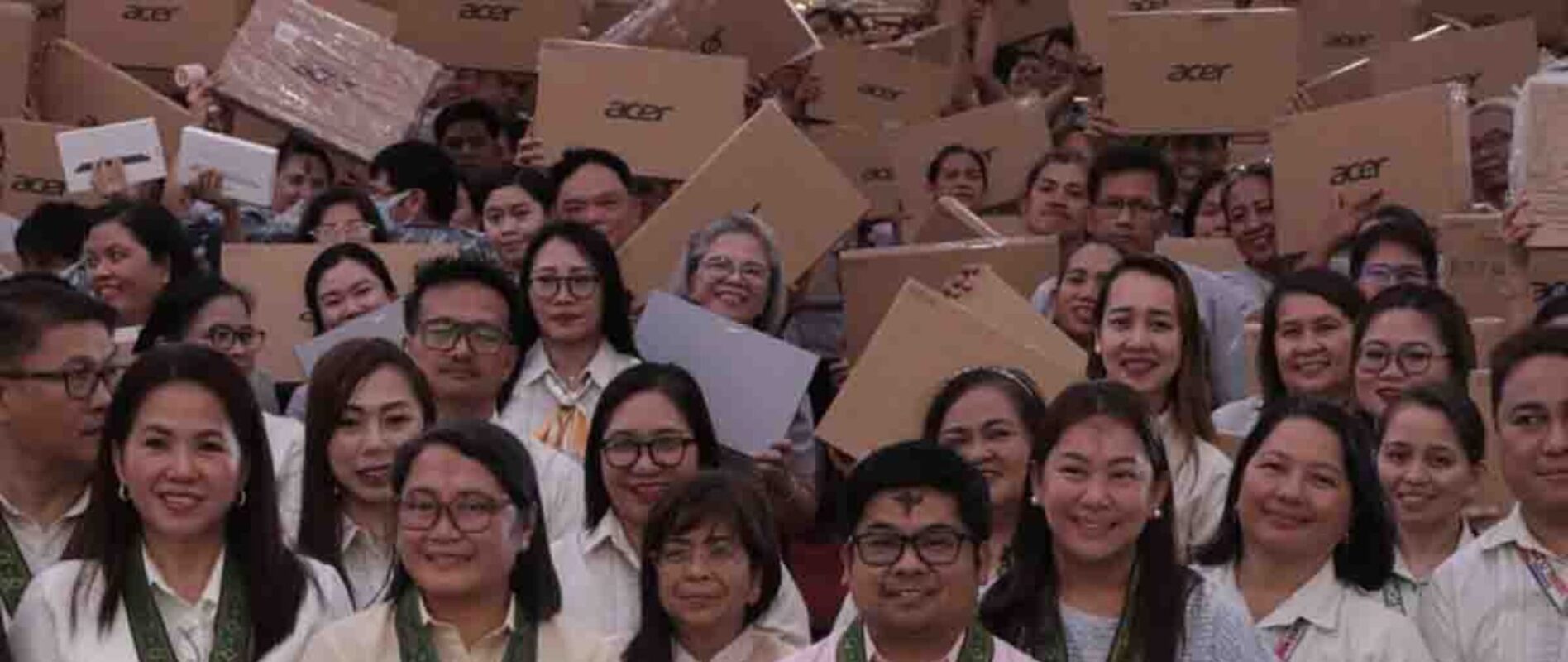FULL FOREIGN OWNERSHIP IN PH HIGHER EDUCATIONAL INSTITUTIONS GETS BACKING OF GOV’T AGENCIES
THE Commission on Higher Education, Technical Education and Skills Development Authority, and the Department of Labor and Employment expressed their support for the opening of Philippine higher education institutions to foreign investment.
THE Commission on Higher Education, Technical Education and Skills Development Authority, and the Department of Labor and Employment expressed their support for the opening of Philippine higher education institutions to foreign investment.
During the hearing on RBH 6, CHED Chairman Prospero De Vera III said the commission interposes no objection to the proposal to amend the Constitution to open up control and administration of HEI to foreign nationals.
De Vera emphasized the potential benefits like providing more options for students, internationalizing higher education, facilitating university-to-university linkages between local and foreign universities, and increasing foreign student enrollment.
“But more important, we are happy that this is being discussed because it allows us to reopen discussions on the framework for higher education, particularly on how to improve quality in higher education, how to ensure that our Philippine universities are competitive, and the kind of interventions and policies that the government must put in place to ensure access to quality higher education,” De Vera pointed out.
However, he stressed the importance of an enabling law to provide incentives for foreign universities and ensure complementarity between Philippine and overseas institutions.
Both TESDA and DOLE underscored the need to reframe the country’s economic policy to align with the demands of globalization while upholding the Filipino First policy.
TESDA Deputy Director General Rosanna Urdaneta said the agency supports the proposed amendment to allow foreign participation in higher-level Technical Vocational Education and Training, which is a source of skills, knowledge and technology needed to drive employment and productivity.
“The TVET sector has to keep abreast with the modern educational needs to be relevant and responsive to the workforce needs of the community, the industry and the economy in general,” Urdaneta pointed out.
“TESDA supports this amendment and welcomes foreign participation and cooperation to reinforce the educational and technological needs in higher-level TVET qualifications,” she added.
Urdaneta also emphasized the importance of foreign investments in providing state-of-the-art equipment and facilities, as well as expertise from foreign trainers.
She highlighted the highly technical aspects of TVET programs and the need to ensure individuals completing such programs are equipped with specialized skills.
For his part, DOLE Undersecretary Felipe Egargo Jr. cited the need to amend certain restrictive economic provisions to attract foreign investment, which is crucial for generating employment opportunities for Filipinos and advancing economic development.
Citing Section 9, Article II in relation to Paragraph 1, Section 3 of Article XIII of the Constitution, Egargo said it is the policy of the state to promote full employment and equality of employment opportunities for all.
“In order to carry out these objectives, the state has to work hard in inviting numerous foreign investors to invest or establish enterprises in the country that will eventually generate more job opportunities for the Filipinos,” Egargo said.
“Hence, the proposal to amend certain restrictive economic provisions of the 1987 Philippine Constitution, particularly Articles XII, XIV, and XVI will allow foreign businesses to breathe into a more conducive investment landscape,” he added.
The labor official said such amendments are in line with the state’s policy to promote full employment and equality of employment opportunities for all, while also noting that the proposed changes do not contradict the Filipino First policy.














